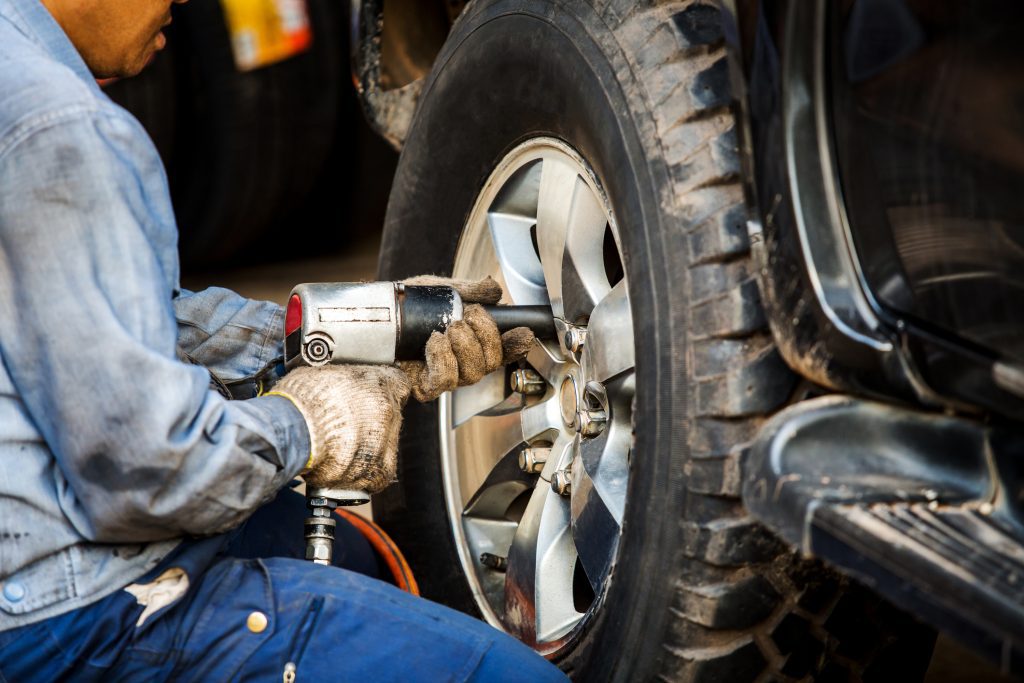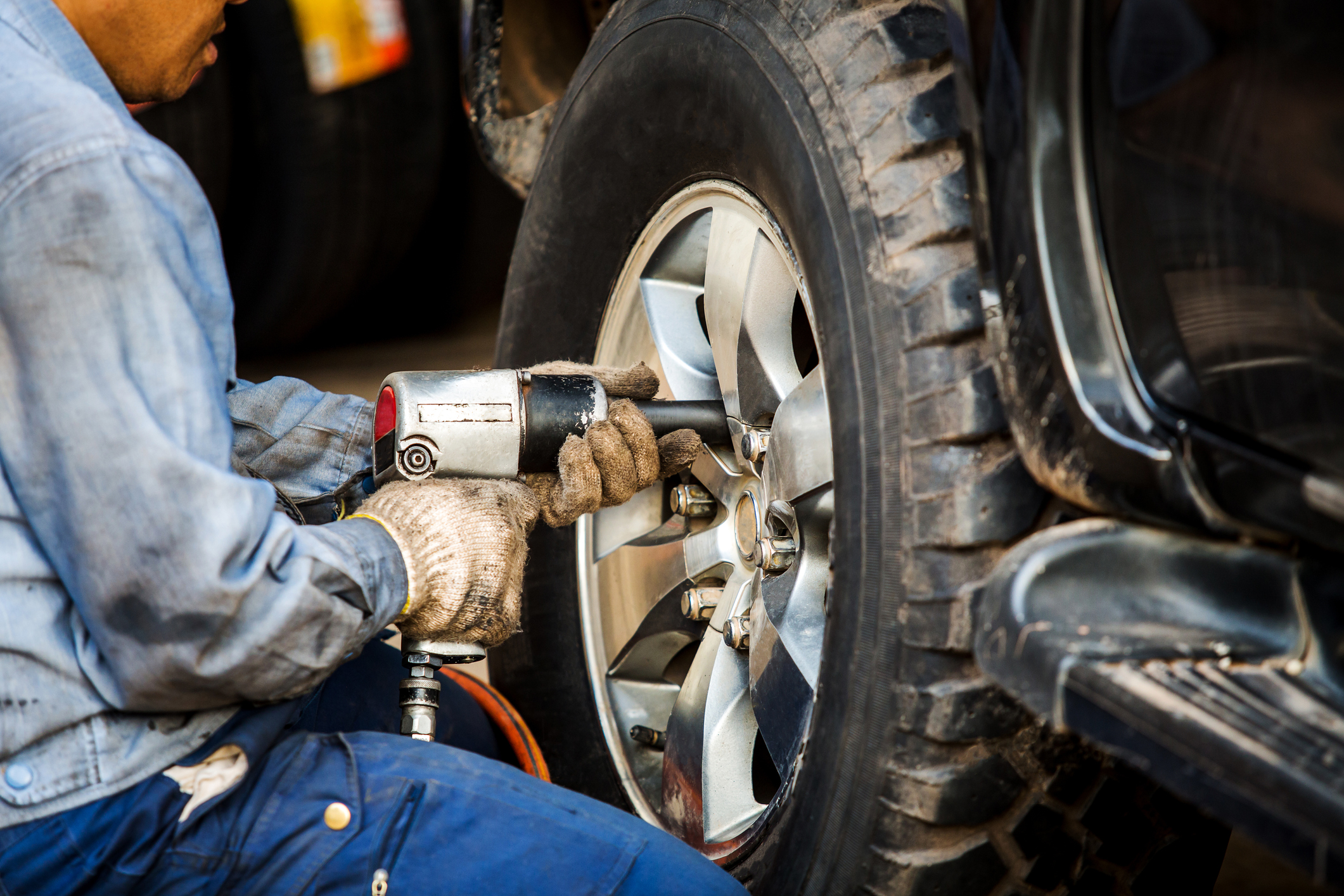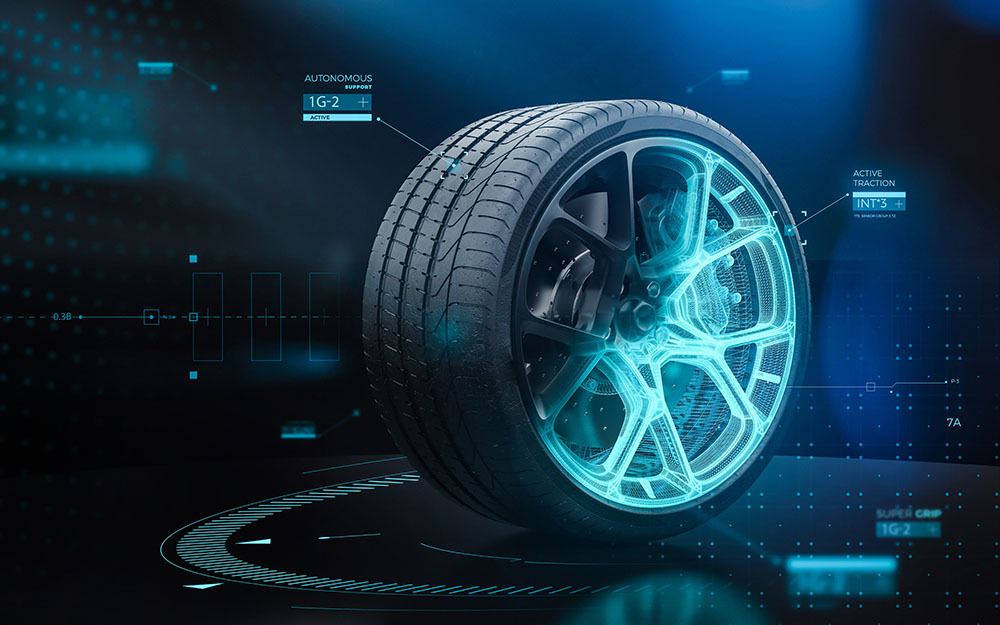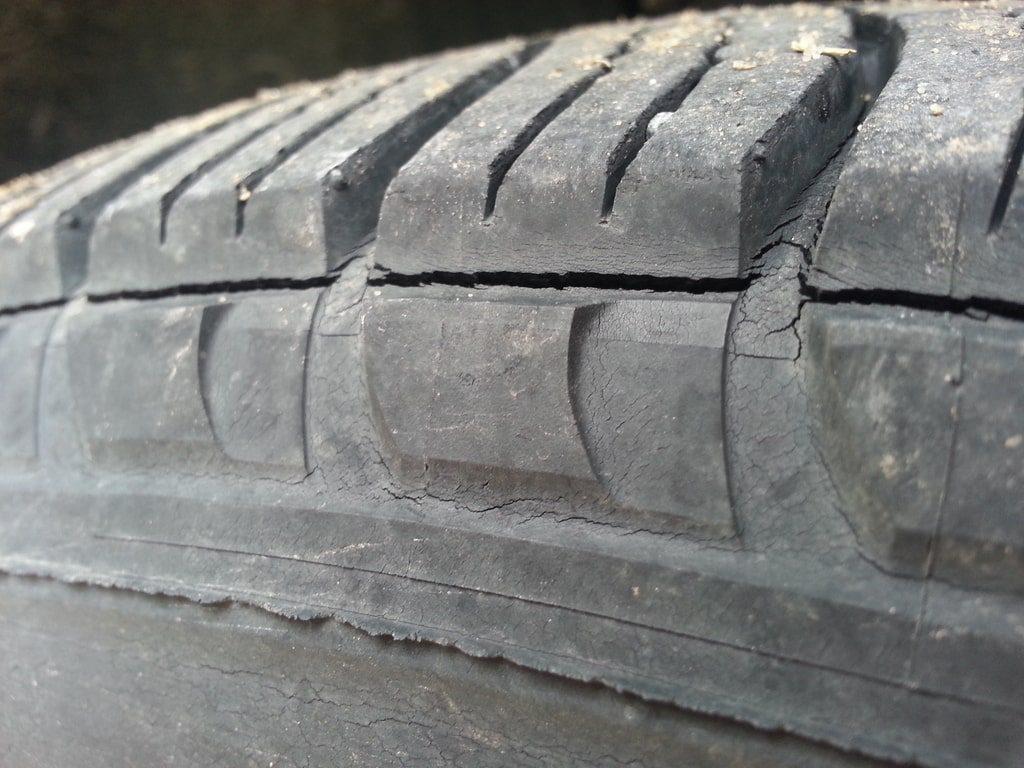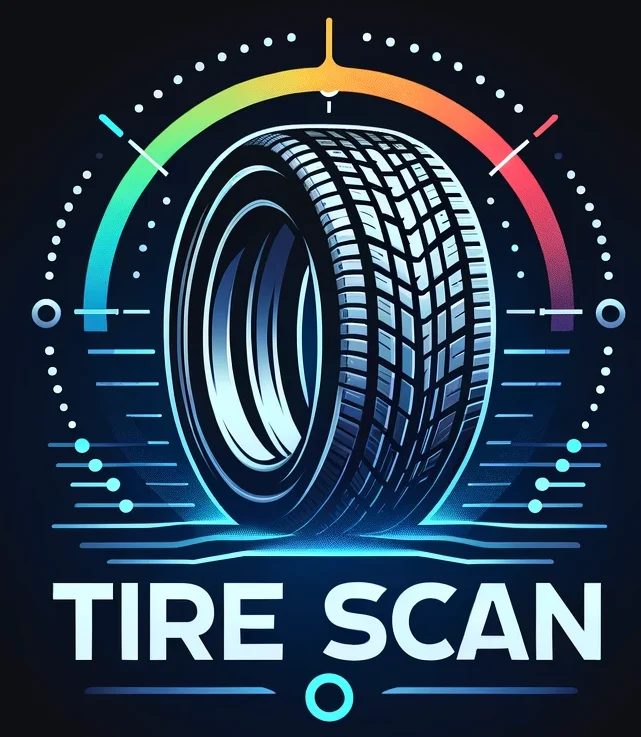In an age where sustainability is at the forefront of consumer awareness and business practices, the automotive industry is seeking innovative solutions to minimize its environmental footprint. One critical yet often overlooked aspect of vehicle maintenance is tire management. With TireScan.ai, a revolutionary app designed to enhance tire management, businesses and individual drivers can contribute to sustainability while also saving costs. This blog post delves into the environmental implications of proper tire maintenance and illustrates how TireScan.ai plays a pivotal role in promoting eco-friendly practices.
Understanding the Environmental Impact of Tires
Tires have a significant environmental impact throughout their lifecycle, from production to disposal. Here are some key issues related to tire management:
- Production Footprint: The manufacturing of tires requires substantial resources, including raw materials like rubber, steel, and oil. The extraction and processing of these materials often lead to environmental degradation.
- Waste Management: When tires are discarded improperly, they can contribute to landfill issues and pollution. According to the U.S. Environmental Protection Agency (EPA), about 290 million tires are discarded annually in the U.S. alone, with many ending up in landfills or being burned, releasing harmful emissions .
- Energy Consumption: Underinflated or poorly maintained tires can lead to increased rolling resistance, which in turn results in higher fuel consumption. This not only increases greenhouse gas emissions but also contributes to climate change.
The Role of Tire Maintenance in Sustainability
Regular tire maintenance is essential for prolonging the life of tires, reducing waste, and lowering overall environmental impact. Here’s how proper tire management contributes to sustainability:
- Extending Tire Lifespan: Maintaining tires in good condition through regular inspections can significantly extend their lifespan. TireScan.ai provides insights into tire health, enabling users to address issues like uneven wear or low tread depth early on, thus delaying the need for replacement .
- Reducing Waste: By identifying tire issues before they necessitate a replacement, TireScan.ai helps minimize the number of tires that are discarded. This is crucial in reducing the environmental burden associated with tire disposal .
- Improving Fuel Efficiency: Well-maintained tires enhance fuel efficiency by reducing rolling resistance. Studies indicate that properly inflated tires can improve fuel efficiency by up to 3%, resulting in lower fuel consumption and fewer emissions .
- Encouraging Eco-Friendly Practices: TireScan.ai encourages users to adopt more sustainable practices by providing valuable data that empowers informed decision-making regarding tire usage and maintenance.
How TireScan.ai Supports Sustainable Tire Management
TireScan.ai leverages advanced AI technology to simplify tire analysis and enhance maintenance practices. Here’s how it supports sustainability:
- Real-Time Tire Analysis: The app uses machine learning algorithms to provide real-time insights into tire condition, allowing users to monitor wear and identify potential issues before they escalate.
- User-Friendly Interface: With an intuitive interface, TireScan.ai makes it easy for both professionals and casual users to assess tire health and take timely action.
- Data-Driven Decision Making: By utilizing data analytics, TireScan.ai helps users understand when repairs are needed, ultimately promoting proactive maintenance rather than reactive replacements .
Conclusion
As we navigate the challenges of climate change and environmental degradation, proper tire management emerges as a crucial element in reducing the automotive industry’s ecological footprint. TireScan.ai not only offers a powerful tool for tire analysis but also promotes sustainable practices that benefit both users and the planet. By investing in tire maintenance, we can collectively contribute to a greener future while enhancing the efficiency and safety of our vehicles.
